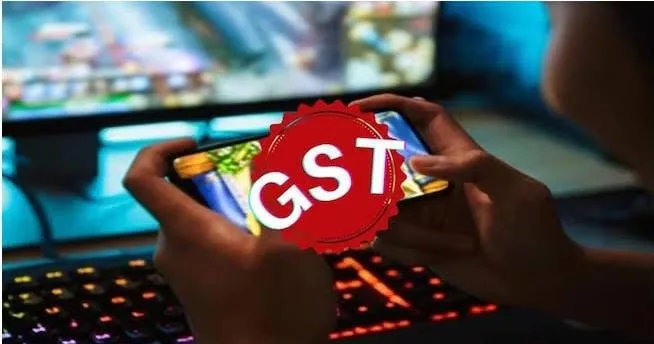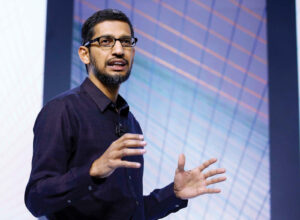Indian Online Gaming Firms Face Rs 1 Lakh Crore in Tax Notices from GST Authorities

Indian Online Gaming Firms Face Rs 1 Lakh Crore in Tax Notices from GST Authorities
Indian online gaming companies are grappling with a significant financial challenge as they find themselves on the receiving end of a series of hefty tax notices. According to a recent report by Reuters, India’s GST officials have collectively served notices worth a staggering ₹1 lakh crore to these digital gaming enterprises, alleging tax evasion on their part.
In an attempt to bolster tax revenue, the Goods and Services Tax (GST) authority introduced a 28% tax on the total funds deposited for online gaming activities back in August. However, it seems that several gaming companies may not have fully complied with this new tax regulation.
Delta Corp, one of the prominent names in the Indian online gaming industry, recently received a substantial GST notice for underpayment of taxes, amounting to ₹6,384 crore. This adds to an already substantial tax demand on the company, which now stands at over ₹23,000 crore. Last month, the company was also hit with a show-cause notice for alleged short payments of taxes, totaling ₹16,800 crore.
Other players in the online gaming sector, such as Dream11, have not escaped the tax authorities’ scrutiny either. They too have received GST show-cause notices this month, alleging underpayment of taxes.
GamesKraft, a gaming company, received a show-cause notice in September of the previous year for an alleged GST evasion of ₹21,000 crore.
The Finance Ministry, in an effort to regulate this evolving industry, set October 1 as the date for implementing amended GST law provisions for taxing e-gaming, casinos, and horse racing. These changes mean that offshore online gaming platforms are now obligated to register in India and adhere to domestic tax laws.
Recent amendments to the Central GST Act have brought online gaming, casinos, and horse racing under the category of “actionable claims,” subjecting them to a 28% GST on the full face value of bets. These developments are part of the government’s strategy to increase revenue and regulate a booming industry.
Union Minister Rajeev Chandrasekhar expressed optimism about the future of the online gaming sector and its potential to contribute substantially to India’s gross domestic product (GDP). He asserted that the Artificial Intelligence and online gaming segments could contribute up to $300 billion to India’s GDP by 2026-27. However, he also acknowledged the need to address unscrupulous actors in the industry.
Chandrasekhar emphasized that the government recognizes the importance of online gaming as a legitimate source of entertainment and economic opportunities for the youth, as long as it is conducted within the bounds of the law. To this end, the government has been finalizing a framework for online gaming, gradually working toward a comprehensive regulatory structure.








